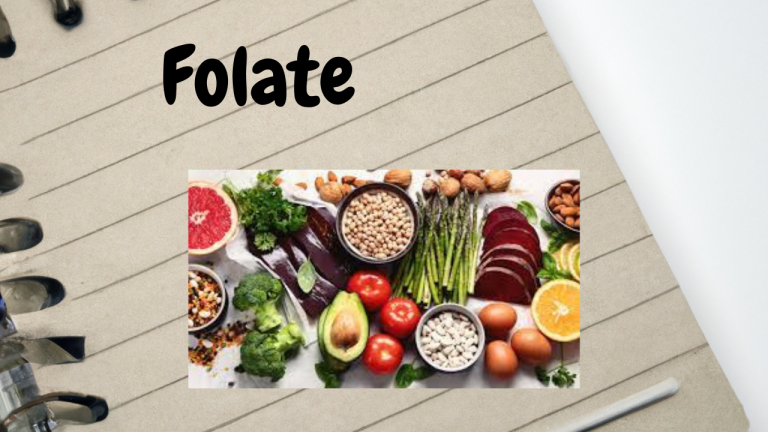Foods to Avoid While Breastfeeding

Breast milk is incredibly nutritious. In fact, it provides most of the nutrients that your baby needs for the first 6 months of life.
While the composition of breast milk is tightly regulated by your body, research has shown that what you eat does have some effect on the contents of breast milk
In general, no foods are off-limits. Instead, women are recommended to eat a balanced, varied diet. Still, there are some foods and beverages that you may want to limit while breastfeeding.
Caffeine (coffee, soda, tea, and chocolate)
- Theobromine from chocolate lower milk production
- Caffeine can lower down iron in the milk
Citrus Fruits (orange, lemon, grapefruit)
- Acidic components can irritate a baby’s tummy
- Can increase diaper rash, spit-ups, and fussiness
Junk Food (junk and spicy food)
- Overdose of spices irritates babies
- Make baby fussy for a long time
Processed Food (artificial sweeteners, canned juices, ready-to-cook foods)
- Preservatives and additives are toxic to the baby
- Cause colic and allergies in the baby
Fish high in mercury
- Due to concerns over mercury poisoning in infants, women who are breastfeeding should avoid fish that are high in mercury, such as shark, swordfish, and bigeye tuna.
Some herbal supplements
- As most herbal supplements haven’t been evaluated for their safety during breastfeeding, it’s recommended to talk with your healthcare provider before using any supplements or herbal teas.
Alcohol
- Women who are breastfeeding are recommended to limit alcohol to one drink or less per day and to wait at least 2 hours before breastfeeding. Frequent and excessive alcohol intake can reduce milk production and have serious effects on your baby.
Focus on making healthy choices to help fuel your milk production. Option for protein-rich foods, such as dairy, beans, and lentils. Choose a variety of whole grains as well as fruits and vegetables. Include milk and milk products drink a lot of water.
Eating a variety of foods while breastfeeding will change the flavor of your breast milk. This will expose your baby to different tastes, which might help him or her more easily accept solid foods down the road.



